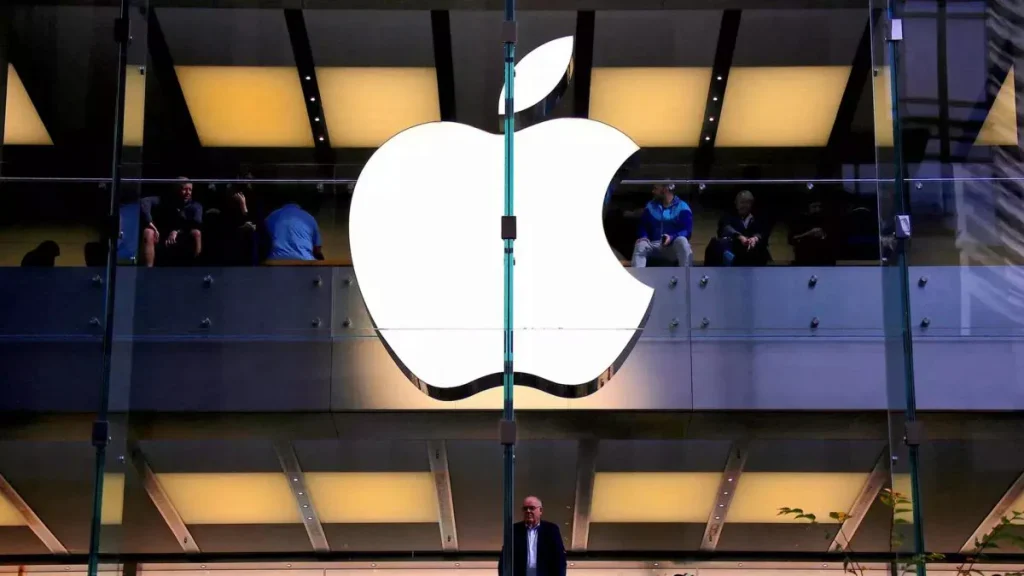A conservative think tank has proposed that Apple’s diversity, equity, and inclusion (DEI) initiatives be discontinued. The board of directors has advised shareholders to vote against this proposal.
“At Apple, we consider our behaviour to be just as important to our success as creating the greatest products in the world. We aim to operate in an honest, moral, and law-abiding manner, and our business conduct and compliance policies form the cornerstone of our business practices,” the company declared in its proxy statement on Friday.
In September, the National Centre for Public Policy Research (NCPPR) informed Apple that it planned to present the anti-DEI motion on February 25 at the company’s annual shareholder meeting. Apple would have to think about removing some or all of its DEI policies if they were approved by shareholders.

The plan, according to Apple, “inappropriately attempts to restrict” and “micromanage” business operations and practices. The business added that it has a “well-established compliance program” and that its board actively oversees legal and commercial conduct to make sure it conforms with regulations in several jurisdictions.
DEI has more risks than advantages, according to Stefan Padfield, executive director of the NCPPR’s Free Enterprise Project. These risks include lawsuits, negative feedback from customers, and staff division.
According to the NCPPR, Apple “probably has over 50,000 people who could be subjected to this kind of discrimination.”Apple might lose “tens of billions of dollars” if any employees file a lawsuit against the business, according to the NCPPR.
“All we’re requesting is consideration. If accepted, the plan would not immediately lead to DEI’s elimination, Padfield told CNN. He referred to Apple’s remark as “non-responsive” and claimed that “businesses that have been promoting DEI no longer have the goodwill to just say ‘trust us.'”
Apple has a history of diversity initiatives. Founded in 1993, the supplier diversity programme collaborates with several charity organisations, such as the National Veterans Business Development Council and the National Minority Supplier Development Council.
In addition, Apple has 67 staff groups called “diversity network associations,” the first of which was founded in 1986, and in 2017 it appointed its first vice president of inclusion and diversity.
However, according to Nani Vishwanath, a consultant and facilitator of DEI and employee experiences at the Courage Collective, other businesses are changing programmes or breaking their pledges to “appear more palatable” to the incoming Trump administration and other detractors.
Companies like Walmart, John Deere, and Meta have altered their DEI pledges in response to criticism from customers, legal organisations, right-wing activists, and President-elect Donald Trump.


